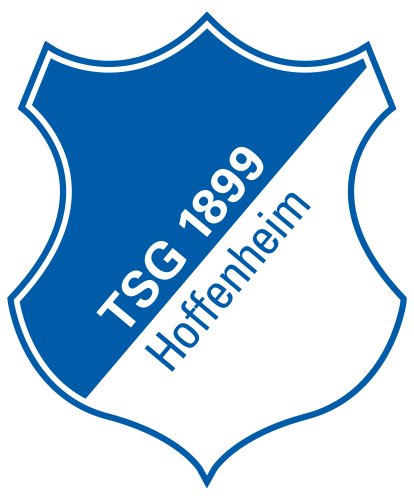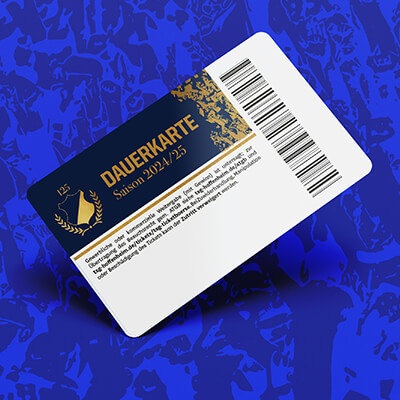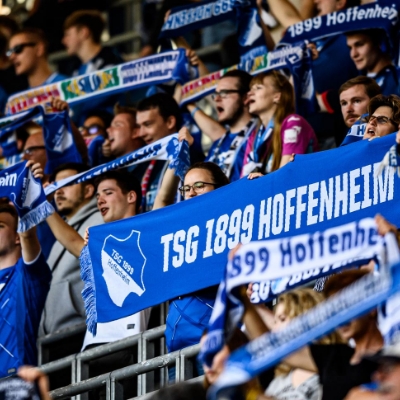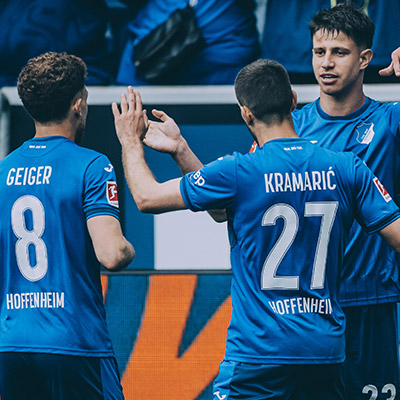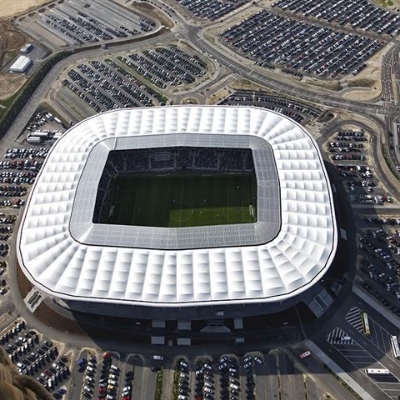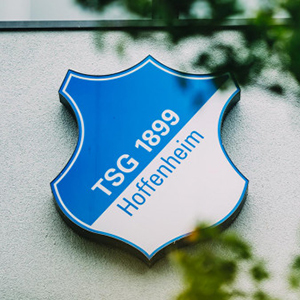Never again is now!
Anti-semitism has been around for over 2,000 years. The history of the Jewish people has continuously been plagued by oppression, displacement and violence. anti-Semitism reached its horrific apogee in the Holocaust, the murder of over six-million Jewish people by the National Socialist regime. The state of Israel was founded in 1948 to provide a safe haven for Jewish people, free of anti-Semitism. To this day, Israel's right to exist is questioned by many.
This is clearly shown by the recent Hamas terror attack, the murder and kidnapping of hundreds of Jewish people, and the expressed goal of the destruction of Israel. Developments in the Middle-East have produced shockwaves which can be felt by Jewish people in Germany. There has been a spike in anti-Semitic incidents since 7 October.
A common definition is necessary in order to clearly recognise anti-Semitic incidents. This is provided by the international working definition of Antisemitism of the International Holocaust Remembrance Alliance (IHRA): "Anti-Semitism is a particular perception of Jewish people that can be expressed as hatred towards Jews. Anti-Semitism is directed in word or deed against Jewish or non-Jewish individuals and/or their property, as well as against Jewish communal institutions or religious organisations. In addition, the state of Israel, which is understood as a Jewish collective, can also be the target of such attacks."
Jewish people had a big part to play in popularising football in Germany. Walther Bensemann - one of the most important pioneers of football in this country - deserves special mention. He organised the first international match in Germany in 1898 and was involved in the founding of the German Football Association and the football magazine "Der Kicker" (today: "kicker"). His vision was to use football as a unifying force between nations and social classes. Numerous celebrated football greats such as the German-Jewish international Julius Hirsch left their mark on the early days of the game.
Jewish people were often marginalised in Germany and thus founded their own sports clubs at the beginning of the 20th century. When the National Socialists came to power, Jewish people were completely banned from practising sport outside of Jewish sports clubs. As a result, a large number of new Jewish sports clubs were founded from 1933 onwards. These were banned again following the November pogroms in 1938. Some of these clubs were re-established after the end of the Second World War as a necessary shelter for Jewish sportsmen and women, for example under the umbrella organisation "Maccabi".
However, anti-Semitism in Germany did not end with the fall of the National Socialists. We still witness anti-Semitic discrimination on and off the pitch today. Maccabi clubs have been experiencing this since the terrorist attack in Israel: in many cases, matches and training sessions have had to be temporarily suspended for security reasons.
Football has a social responsibility. It brings people together and through its visibility and appeal can help to make sure that a dark chapter in history is never repeated. Many clubs are doing work to dig into their past in an attempt to come to terms with their role during the National Socialist era and their involvement in the oppression of Jewish people. In many cases, the historical roots of the clubs are being researched by employees, fan projects and fans. At various locations, persecuted players and club officials have been brought back into the club's memory. The "Never Again" initiative has been campaigning for 20 years against forgetting, in favour of a dignified culture of remembrance and stadiums free from discrimination. The call is: resist the beginnings, take a stand, oppose all anti-Semitism, don't let it go unchallenged and unpunished- in the stadiums and beyond!
TSG Hoffenheim are organising a variety of campaigns to combat forgetting. In addition to special warm-up jerseys, the club will be providing information at a campaign stand. On 28 January, TSG are organising a visit to the synagogue in Mannheim.
TSG unequivocally reject any form of racism, anti-Semitism and discrimination. We stand for tolerance, respect and solidarity. Never again is NOW!



